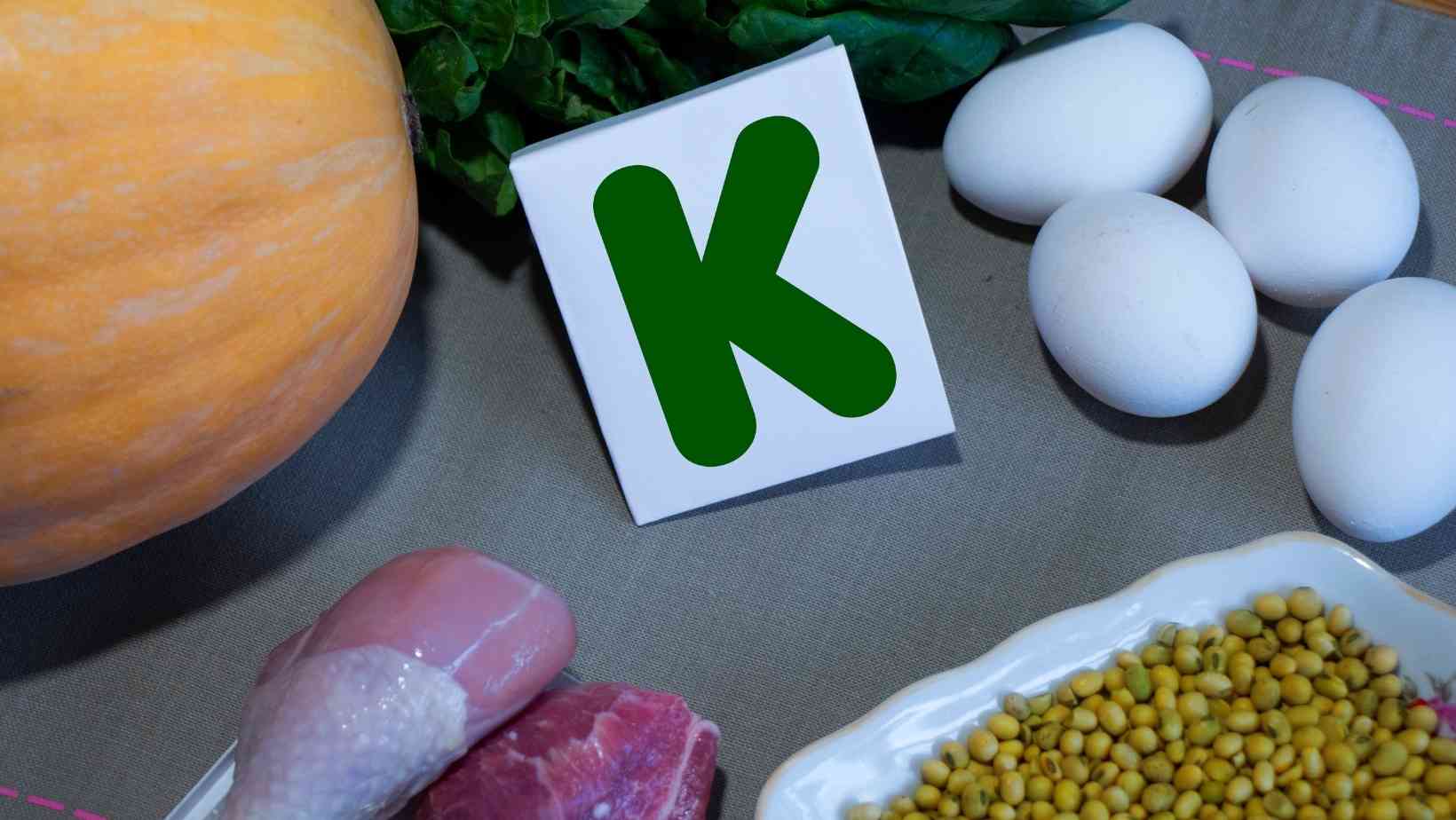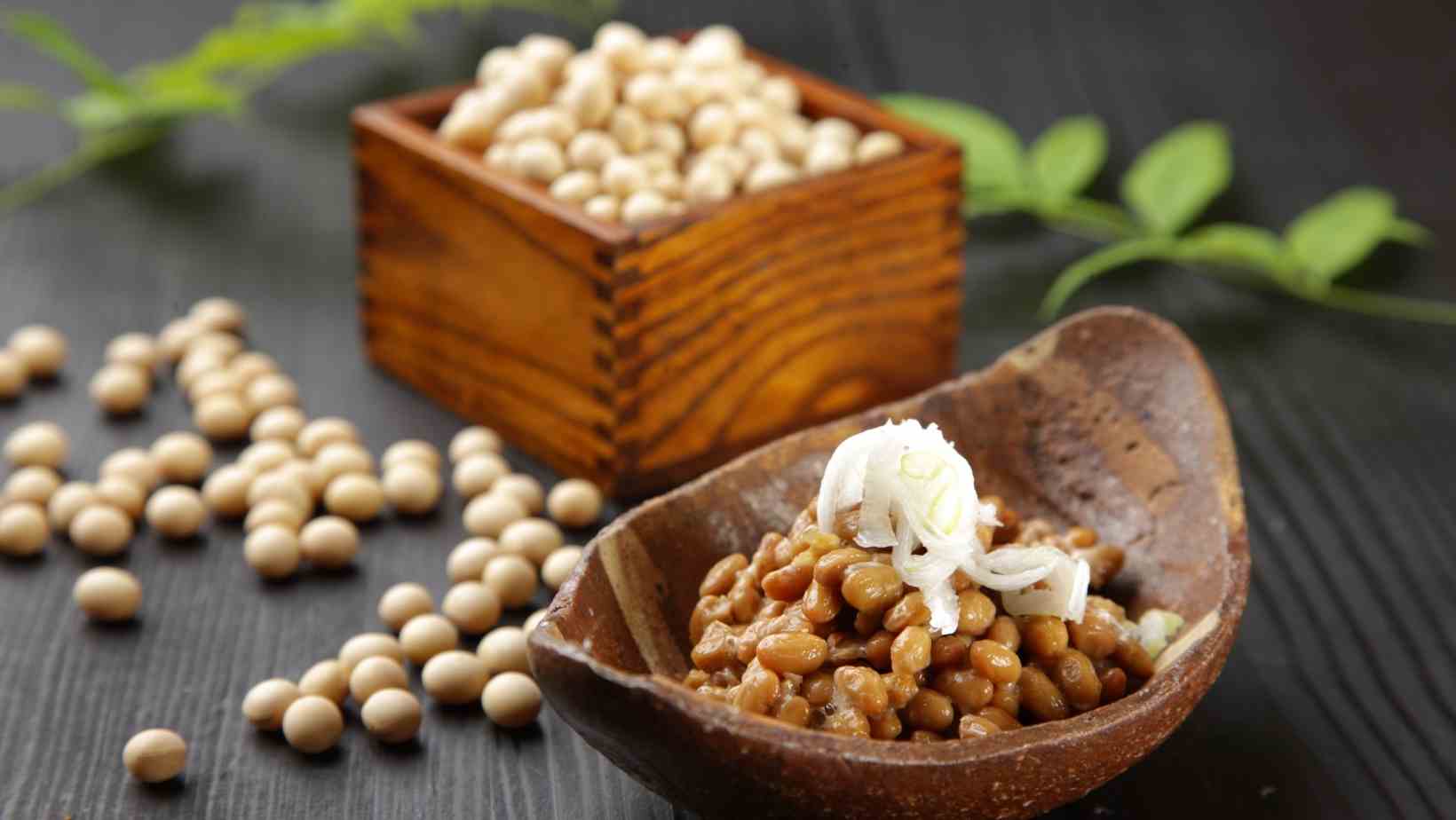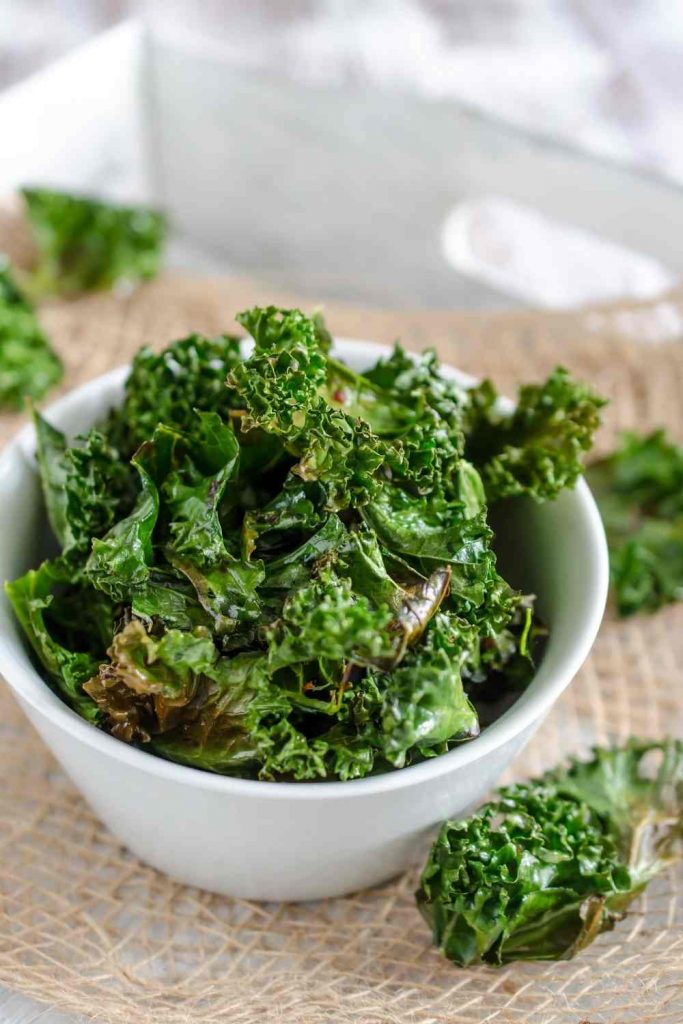Although vitamin K has a familiar name, it is really a group of essential molecules with the same molecular structure. These include phylloquinone, popularly known as vitamin K1, and menaquinone, generally known as vitamin K2.
Vitamin K is required for the production of prothrombin, a protein. Prothrombin, which is produced in the liver, is one of the numerous components that are thought to aid in normal blood clotting and provide a variety of health advantages.

Vitamin K is a fat-soluble nutrient that may be found in a variety of foods. It is better absorbed when consumed with good sources of dietary fat such as olive oil, as it is with many other vitamins.
This vitamin may assist the cardiovascular and skeletal systems of the body if ingested on a regular basis as part of a well-balanced diet.
Jump to:
Vitamin K: Why Do You Need It?
While vitamin K insufficiency is uncommon, it's still vital to eat a diet high in this mineral since it has a variety of health advantages, including improved clotting and a lower risk of osteoporosis. Even when ingested in large doses, this vitamin is swiftly broken down by the body and is unlikely to reach hazardous levels.
The quantity of Vitamin K you require on a daily basis varies depending on your age and gender. Women over the age of 19 need roughly 90 micrograms per day, whereas males over the age of 19 require 120 micrograms.
Vitamin K is necessary for a number of bodily functions, including:
Clotting of the Blood
Vitamin K gets its letter from the phrase "koagulation," since the vitamin was discovered at the University of Copenhagen's Biochemical Institute.
Carl Peter Henrik Dam discovered that vitamin K might stop bleeding in chicks while examining a clotting disease. Vitamin K is still considered vital for proper coagulation by specialists today.
The health of the Bones
Vitamin K-rich foods may help to strengthen bones. According to research, persons who consume foods high in this vitamin are less likely to develop osteoporosis, a disorder that weakens and brittles the bones.
Preventing Heart Disease
According to preliminary studies, persons who don't get enough vitamin K may have a higher risk of coronary heart disease. This may happen as a result of the heart's blood arteries becoming narrower or stiffer.
Vitamin K-Rich Foods
Vitamin K may be found in a range of foods, including a variety of fruits and vegetables. This makes it simple to get a vitamin B12-rich diet. These eight foods are particularly rich in vitamin K:
Natto
This fermented soybean, which is popular in Japan, is one of the best sources of vitamin K available. In only 3 ounces of natto, you'll get 708 percent of the daily value. Natto contains a subset of vitamin K known as menaquinone, often known as vitamin K2. This is thought to be the most effective form of the vitamin, according to researchers.

Collards
While vitamin K is abundant in many green vegetables, collards have a particularly high concentration. When half a cup is frozen, it contains 442 percent of the daily requirement.
Greens of Turnip
The greens of turnips are also worth eating since they provide a number of health advantages. Turnip greens may provide 426 micrograms in only half a cup when cooked from frozen. Raw, sautéed, or braised turnip greens are all options.
Spinach
Add some spinach to your salad, sandwich, or smoothie for a simple way to boost your vitamin K consumption. Even though it doesn't have as much vitamin K as collards or natto, a cup of spinach should be enough to meet your daily vitamin K requirements.
Kale
Raw kale has 176 micrograms of vitamin K per one-cup dose, making it a superfood. Kale also contains vitamins A and C, as well as calcium, potassium, and a variety of other minerals.

Juice of carrots
While carrot juice is well recognised for its beta-carotene content, it also contains a significant quantity of vitamin K. To make a smoothie even more powerful, combine carrot juice and spinach.
Oil from Soybeans
Soybean oil is a surprising source of vitamin K, providing more than one-fifth of the daily dose in only one tablespoon. Use soybean oil to make a dressing for spinach, kale, or other leafy green vegetables to receive a double dose of vitamin A.
Meat from Organs
The menaquinone form of vitamin K2 is mostly present in animal products, save from natto. Organ meat is a particularly good source of this vitamin.




